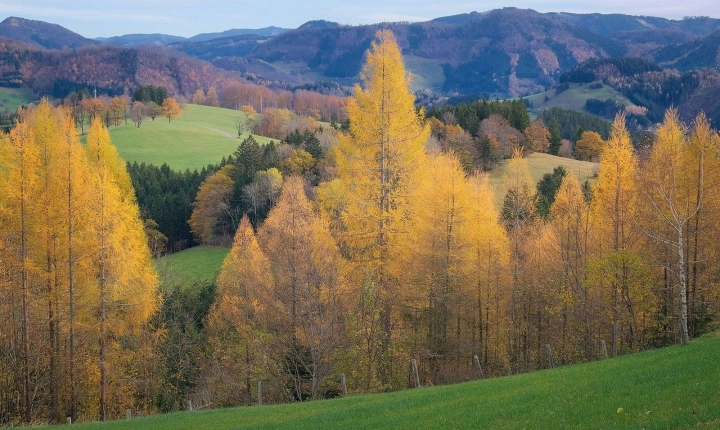Can AI Edit Photos Better Than Humans?
Photography has come a long way since the invention of the camera, and with the advancement of technology, the way we edit and enhance photos has also evolved. One of the most significant advancements in recent years has been the development of artificial intelligence (AI) technology for photo editing. With the rise of AI-powered photo editing tools, the question arises – can AI edit photos better than humans?
AI technology has made significant strides in the field of photo editing, with algorithms and machine learning models that can automatically enhance and retouch photos with stunning precision. These AI tools can perform tasks such as color correction, noise reduction, object removal, and even generate realistic-looking portrait effects with minimal effort from the user.
One of the key advantages of AI-powered photo editing is its ability to analyze and process vast amounts of data, allowing for quick and accurate adjustments to images. This can result in consistent and professional-looking edits, making it an appealing option for photographers and hobbyists alike.
Moreover, AI photo editing tools can also adapt and learn from user preferences, allowing for more personalized and efficient editing processes. This level of customization and efficiency is something that can be challenging for humans to replicate consistently.
However, despite the advancements in AI photo editing technology, there are certain aspects in which humans still excel. When it comes to fine-tuned artistic edits and creative decisions, human editors often possess the intuition and subjective judgment that AI may lack. The ability to understand the desired aesthetic and make nuanced adjustments based on personal preferences and artistic vision is an area where human editors shine.
Furthermore, human editors bring a level of emotional intelligence and cultural understanding to their edits that AI may struggle to replicate. Understanding the context and emotional resonance of a photograph and translating that into the editing process is a skill that requires human insight and empathy.
It is essential to note that the debate between AI and human photo editing is not necessarily a case of one versus the other, but rather a convergence of the two. Many photographers and designers are finding ways to leverage the strengths of AI-powered tools while also integrating their own creativity and expertise to produce stunning results.
In conclusion, the question of whether AI can edit photos better than humans is complex. AI-powered photo editing tools offer speed, consistency, and advanced capabilities that can streamline the editing process and produce professional results without the need for extensive technical knowledge. However, human editors bring a level of artistic intuition, emotional intelligence, and creative vision that AI may struggle to emulate.
The future of photo editing likely lies in the collaboration and synergy between AI technology and human expertise, where each can complement and enhance the other’s strengths. As the technology continues to evolve, the possibilities for transformative and innovative photo editing are endless, ultimately benefiting both professionals and enthusiasts in the visual arts.
